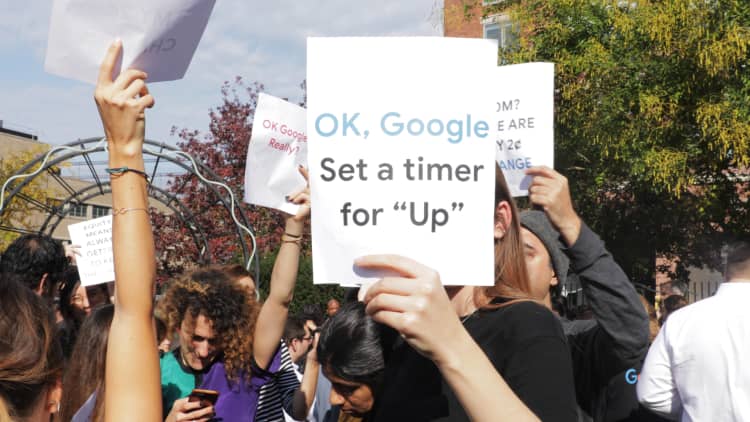If you have a Chase credit card, the clock is quickly running out if you want to want to preserve your right to sue the financial company in federal court at any point in the future.
In August, JPMorgan Chase is rolling out new rules to almost all of its credit card customers, including those with the popular Sapphire, United MileagePlus and Slate cards. If a dispute arises, customers will have limited legal options.
If you do not opt out of the new rules, you will have to go through private arbitration to resolve any issues or take your case to small claims court. You won't be able to sue the financial company in federal court, or as part of a class action.
The only exception will be those with the AARP credit card. Chase informed affected credit card customers of the change beginning in May. It already blocks its customers with bank accounts and auto loans from filing federal lawsuits.
And Chase is far from the anomaly. A recent academic study found that 81 of the top 100 companies in America have put legal clauses in the fine print of their customer agreements that bar consumers from suing them in federal court and instead force victims to pursue arbitration or, in some cases, file suit in small claims court.
When an arbitration process is designed appropriately, there are fewer barriers to bringing a claim in arbitration than bringing a claim in court.Patricia WexlerChase spokeswoman
Companies typically contend they use arbitration because it saves everyone involved time and money. "When an arbitration process is designed appropriately, there are fewer barriers to bringing a claim in arbitration than bringing a claim in court, and it can be more convenient for claimants to obtain a hearing and to achieve a resolution of their claims," Chase spokeswoman Patricia Wexler tells CNBC Make It. "Arbitration may be conducted in person, by phone, email, or Skype, avoiding the need to take time off from work."
But whether consumers actually fare better is disputed. The American Arbitration Association, one of the largest administrators, reports 53.3% of consumers who use its services get some type of relief in the cases they file. But the Economic Policy Institute found that consumers only win relief in 9% of arbitration cases it studied. Meanwhile, when companies bring claims or counter a consumers' arguments in arbitration, they win 93% of the time and the typical consumer actually ends up paying an average of $7,725, according to the EPI.
Because Chase is making a change to its existing policy, concerned customers can take action and reserve their right to sue. Consumers can opt out of the new mandatory arbitration agreement by mailing a letter to the bank by the week of August 7, 2019. (The deadlines vary for customers, ranging from August 7 to August 9.) California attorney Sara Haji shared a letter template customers can adapt for own use.
Make sure that you retain a copy of the letter for your records and send your letter with a tracking number, in case you need to prove at a later date that you opted out.
If you do decide to opt out of the mandatory arbitration clause, Chase says it will not close your account and there will be no negative consequences. "While there are no regulations or requirements that Chase provide consumers the option to opt out of arbitration agreements, Chase gives customers the choice to opt out of the arbitration provisions of their agreement," Wexler says.
Don't miss: Consumers can't sue some of the biggest companies in the US—here's what that means for you
Like this story? Subscribe to CNBC Make It on YouTube!



